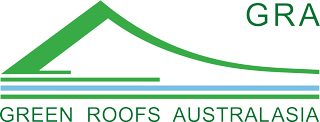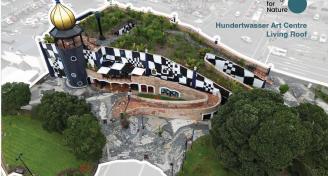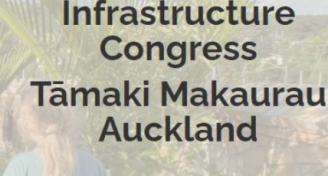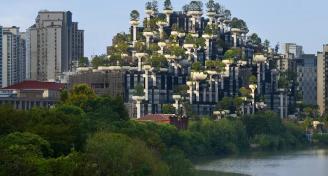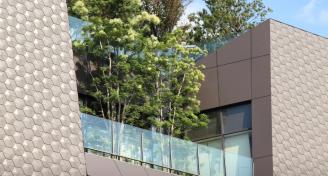World Forum on Urban Forests issues call to action

The first World Forum on Urban Forests launched a Call for Action on greener, healthier and happier cities for all. The Forum also issued a challenge to all cities around the globe to adhere to the ‘Tree Cities of the World Programme.’
The Food and Agriculture Organization of the UN (FAO) and the Municipality of Mantova, the Italian Society of Silviculture and Forest Ecology (SISEF) and the Politecnico di Milano organized the Forum under the patronage of the EU. The Forum took place from 28 November to 1 December.
The Forum took place under the theme, ‘Changing the Nature of Cities: the Role of Urban Forestry for a Green, Healthier and Happier Future.’ Over 600 participants from around the world, including more than 150 speakers, took part in the Forum’s plenary sessions, parallel events, focus discussions and side events.
Participants shared positive examples of urban forest design, planning and management from around the world, illustrating the role of forests and green spaces in creating more resilient and sustainable cities. Participants recognized the role of forests and green spaces in addressing challenges related to urbanization, such as by mitigating climate impacts, protecting water sources, preventing soil erosion and floods, improving temperatures and removing harmful pollutants, among other benefits. A maple tree, for instance, can absorb up to 150 kilograms of carbon dioxide (CO2) annually.
FAO Assistant Director-General, Forestry Department, Hiroto Mitsugi, underscored the need for more sustainable models of urban growth that take into account forests and green spaces. He said existing and future cities “must plan and design green spaces and urban forests to fulfill different interests and needs” as well as to provide ecosystem services and enhance the rural-urban continuum.
The Call for Action outlines a vision of a city where urban and peri-urban forests, trees and other green infrastructure will be, inter alia:
- used as a tool for achieving the SDGs at all levels;
- recognized for the wide range of benefits and services they provide to urban communities;
- acknowledged as critical infrastructure, similar to transportation or utilities;
- viewed and managed as a whole;
- regarded as a strategic component of the landscape, aimed at harmonizing relations between cities and interconnected rural areas;
- valued as an efficient living system capable of improving human health and well-being at a reasonable cost;
- considered as a strategic element of urban sustainability by promoting environmental justice and community involvement; and
- managed to preserve the highest ecosystem complexity and integrity.
The Call to Action stresses that forests and trees should be protected and restored and rural-urban linkages should be enhanced.
The Call for Action makes a number of recommendations to use urban forests and trees to make cities greener, healthier, happier, cooler, wilder, cleaner, wealthier and safer. To make cities wilder, for instance, the Call for Action suggests conserving and creating a heterogeneous system of natural green spaces within and around urban areas, developing strategies and guidelines for urban biodiversity conservation and management, promoting initiatives to harmonize national and local policies to better interconnect natural landscapes in and around urban areas and implementing educational programmes to foster student discovery, experience and value of local biodiversity.
The Forum put forward a set of eight forest solutions. Solutions focus on: expanding canopy cover in cities and “using the right tree in the right place”; promoting community gardens, urban agriculture and urban flood forests; increasing the number of green buildings and vertical forests and encouraging installation of green roofs; and converting neglected areas, courtyards and brownfields into green spaces. Solutions also recommend: developing political agendas that promote green spaces and urban forests; using existing technical guidelines to plan, design and manage urban forests and trees; creating and promoting green jobs and economic opportunities; and monitoring the “heat island effect” in cities to support strategic planning or urban forests.
The ‘Mantova Challenge’ aims to increase awareness of the efforts made by cities in implementing concrete actions to enable the efficient management of urban forests and green spaces in line with the Forum’s Call for Action for more sustainable, green, healthy and happy cities for all. The US Arbor Day Foundation and FAO are collaborating on the Challenge to award cities committed to ensuring proper management of trees and forests. A city must meet five standards to be awarded ‘Tree Cities of the World’: establishing a tree board that is responsible for managing a city’s urban forest; defining and enforcing a set of rules for managing the urban forest; implementing an assessment of the city’s local tree heritage to develop a long-term management plan; allocating a sufficient budget for urban forest management; and dedicating a day to celebrate the city’s tree heritage.
Source: ISSD Reporting Services.
